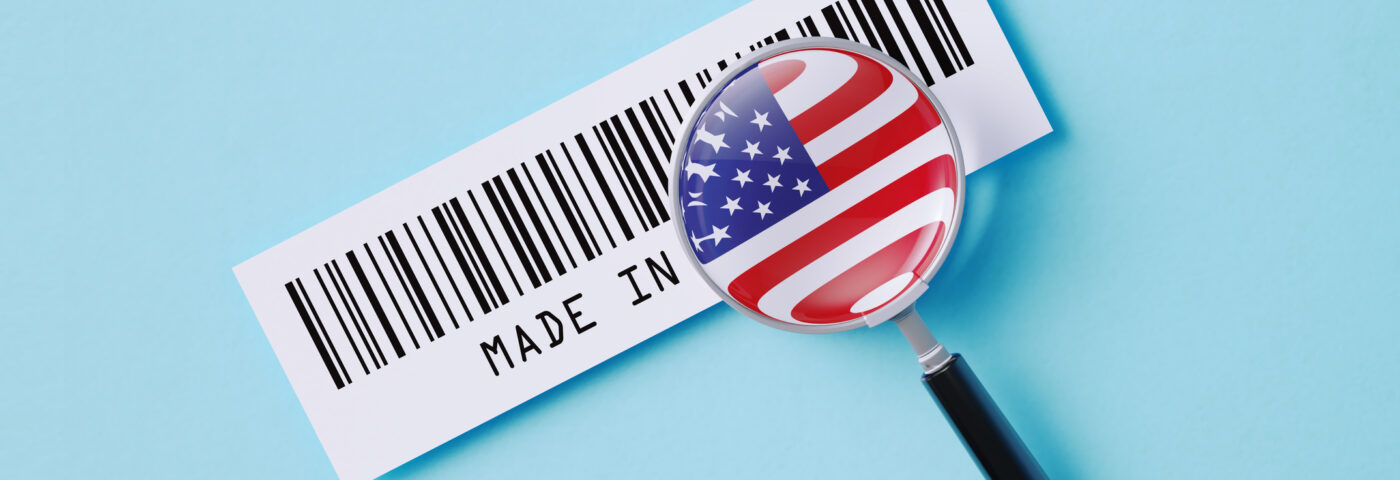Despite the ever present concern about the economy, American beauty consumers are spending more. They are spending more on prestige products and trading up. There’s a significant “premiumization” of what would normally be considered commodity products: toothpaste (Aurezzi toothpaste & mouthwash $39 each), deodorants (LeLabo for $37) and household cleaning products.
Dr. Barbara Sturm, DedCool and Bath & Body Works are recent entries in this category. Unilever’s Dove just launched a collection of Plant Based Cleansing Bars in the premium space providing “a new standard for what consumers should expect from a premium bar—an elevated sensorial experience.” As the US accounts for about 25% of the global beauty market, what happens here is important to monitor.
Looking at a few numbers from 2023 (according to Circana), prestige beauty grew 14% to $31.7 billion. The mass market gained 6%. In general product categories, lip oils are strong, as is hand soap and scalp care. Prestige fragrance grew 12% in a small, but star category. Prestige haircare grew 14%. Total US beauty grew 11% on a dollar basis.
Ironically, despite the strength of the prestige market, dupes remain important and compelling. While years ago the “copy” category stayed out of the lime light, brands today shout out their efforts and love flaunting their success stories on social media. E.L.F. has proudly made a name for itself in this category, providing quality “copies” of trending products for a fraction of the retail price.
Large beauty brands continue to search for acquisition opportunities that allow them to move into new spaces and find new customers. There have been several noteworthy acquisitions in recent months:
- Bridgepoint Capital purchased RoC Skincare.
- Shiseido purchased Dr. Dennis Gross Skincare.
- E.L.F. Beauty purchased Naturium Skincare.
- Unilever acquired premium biotech hair care brand K18.
- Puig acquired Dr. Barbara Sturm Skincare.
While Bricks and Mortar retail is still recovering from Covid, finding its way back to health and trying to sort out how to improve the beauty consumer’s in-store experience, the category is showing signs of life. It remains 75-85% (depending on the category) of the beauty business, a number we often forget with the double digit growth of online shopping in recent years (ecommerce in beauty grew 13.6% in 2023 according to Insider Intelligence).
We know brands perform better and sell more product when they are present in both channels: online and in-store. For brands to really scale and build brand awareness, that Bricks and Mortar presence is crucial. Technology and AI are moving as fast as they can in the beauty category, but nothing compares to the experience of trying on a red lipstick or spritzing a fragrance in real life!
Social Media and influencers that populate it are major drivers in the US beauty landscape. Two thirds of beauty shoppers say they turn to influencers to discover new products (Harvard Business School). One-third of beauty consumers interact with brands on social media.(Social Samosa). Four out of five beauty shoppers use Instagram daily (Harvard Business School). Despite the controversy, the lack of regulatory oversight, and the constantly shifting landscape, the importance of this category in the beauty world cannot be overestimated.
Here’s a quick overview of some of the beauty trends that will impact consumer spending in the category in the US this year:
- The focus on sustainability is here to stay, but consumers won’t pay extra for it (despite what they say).
- Efficacy trumps “clean”. Science is critical and consumers recognize that.
- Premiumization in every category is happening. Despite concerns about the economy (and all the other worries consumers are tracking), beauty is an affordable luxury and a brief escape into self-indulgence.
- Hair and scalp care, niche fragrances, supplements and sexual wellness are categories of potential solid growth.
US consumers have started 2024 over indexing their spending on tech and devices and health and wellness. The beauty industry fits nicely into the second category. We’re working on it, but we need to up our game in technology. There’s a lot of it creeping into beauty, but most of it is clunky and awkward. Lots of room for improvement here.
Our industry is off to a solid start in 2024. We have trained beauty consumers to be constantly on the alert for newness, innovation and bright shiny objects that may be little more than a facelift. The year is just getting started, but there appears to be a substantial quantity of all of these on the beauty horizon. I’m optimistic. Keep the young, upstart brands coming and the established, legacy brands re-inventing themselves. Let retailers continue to create new “experiences” to entice us inside. Who knows where social media will lead us next. Yes, I’m optimistic.
Enjoyed this article? Get more by subscribing to our newsletter!
Feeling inspired to see ingredients and trends in action?
Then why not visit one of the in-cosmetics events around the world?

